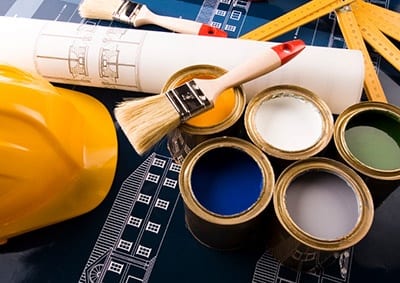The outsourcing of support functions for any business oftentimes makes sense, depending on the answer to this question: do the benefits outweigh the costs? Even if coatings is the core service that a company offers, many times, benefits come from outsourcing.
A relatable example is when a plant does not have the sufficient capacity required to operate a product line under a certain time constraint. The engineers and operators may at times lack the required skills or knowledge involved with executing a certain task. Or maybe a company does not have the permits required. In this type of situation, the best alternative would be to take the production to a toll processor or a contract manufacturer.
When looking for the most appropriate tolling partner for your business, you should avail the following items:
1. The Facility & Necessary Equipment
The first step to consider when choosing a tolling partner involves the manufacturing equipment required. Because this partner will start to produce on your company’s behalf, determining if they are registered and equipped with standard equipment to produce quality products up front is a key aspect to your company’s success and the basis for a positive long term partnership.
2. Capacity & Resources Required
When seeking a tolling partner, you should talk with the company about the materials used in your product lines. Think about transfer capabilities; for example, some industrial coatings manufacturers have bulk storage tanks to hold raw materials that are later pumped into the overall processes involved. Asking questions about capacity and resources to a potential tolling partner will provide peace of mind to your department, assuring that the new tolling partner has the capacity to pull off the job before any major partnering decisions are made.
3. Expertise in Chemistry
Sometimes, companies run into issues where they lack the expertise to do the chemistry that their customers are asking them to do. A good example is when a company’s current customer is looking for a water based solvent or flammable material solution but they are not licensed to provide those services. Bringing in a tolling partner who has that expertise only helps that company keep their customer happy.
The essence of a tolling company is to provide extra help. When a company decides to outsource these types of projects to access equipment and expertise that it may require, they only help keep their customers happy. Without doing so, companies are at high risk for customers to leave them for a competitor. In the end, choosing the correct tolling partner requires the right combination of equipment, chemical expertise, and technology.
Do you have experience working with a tolling partner? What other issues should you be considering? Please feel free to share your thoughts with us in the comments below!

